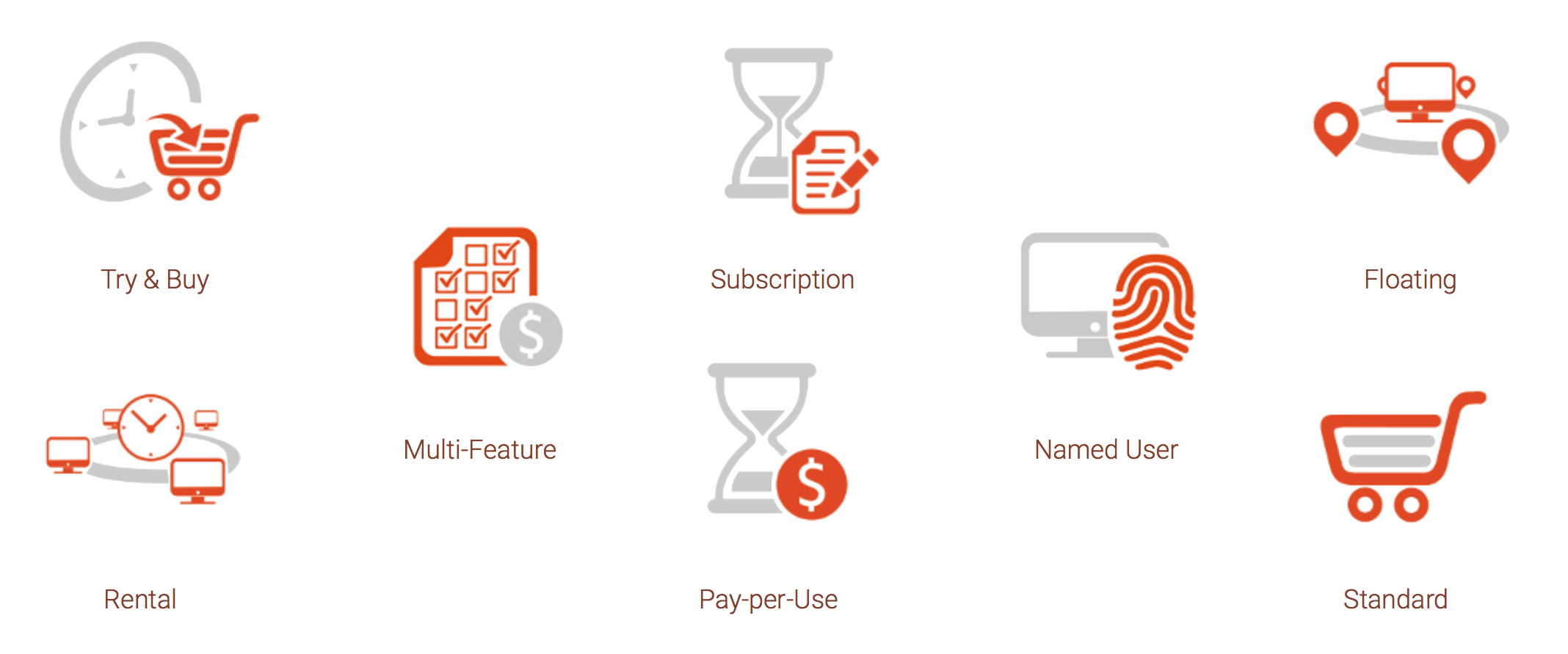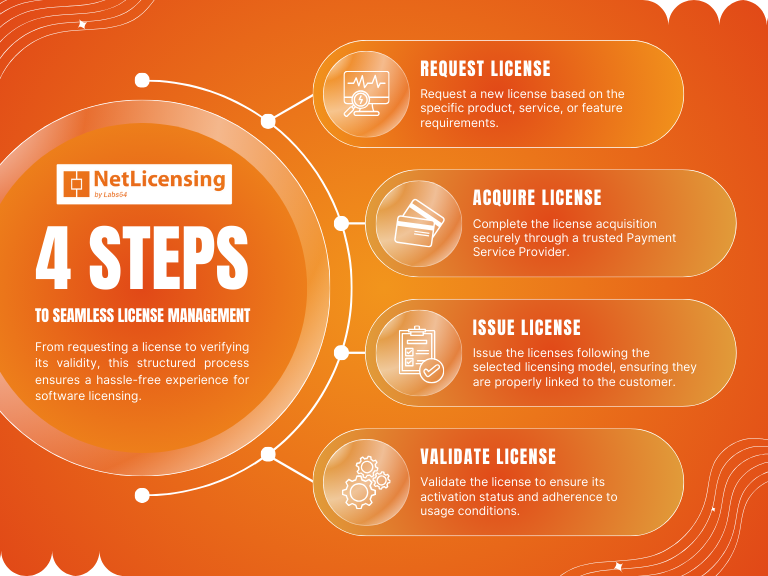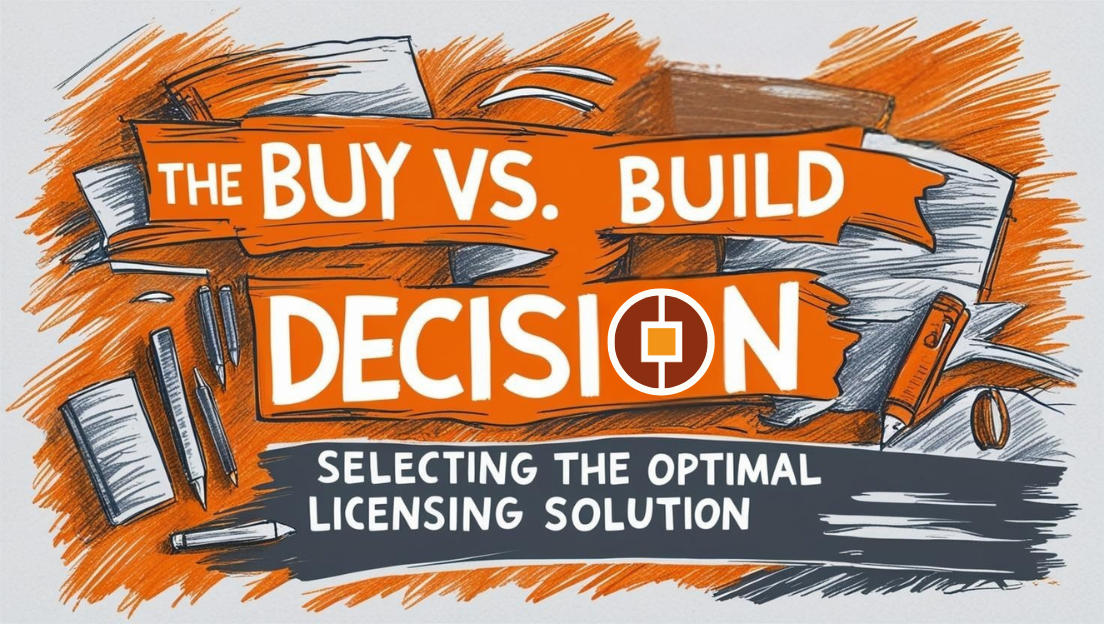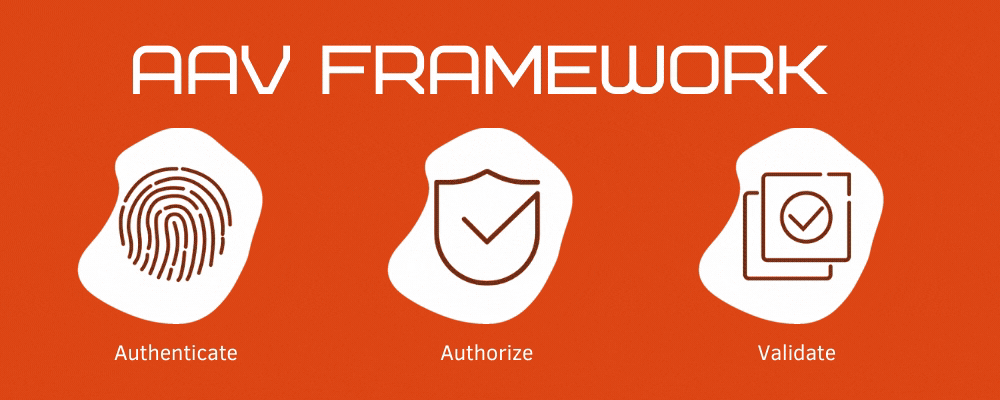Software Licensing Models – Cross License and Duplicate grouping

This is now our seventh article, in our ongoing series on different software licensing models, their benefits and uses. We are now nearing the end of this particular series and as a result, the final couple of articles will see us cover those license models which we haven’t found space for previously. Rather than focusing on a specific type of licensing model in each article we will be covering a variety of types which link back to those which have already been discussed.
In this article we will be looking at two more licensing models which aren’t often used but which can still have a significant value. As with Exclusive Licenses (see previous article), Cross Licenses and Duplicate Grouping licenses are worthwhile having knowledge of as they can provide you with the ideal solution to some major customers, providing you with significant financial gains and some long-term lucrative contracts.
Cross License
We have already looked at the benefits of Development Licenses as a means to expand your business prospects and branch into new areas within the technology sector. As a vendor it can often be easy to simply collate software and then sell it on, without actually getting involved in the creative process. However, you shouldn’t underestimate the value of developing your own software, and of building development relationships with your customers.
A cross license is used when you the licensor and your customers, the licensee(s) agree on an exchange of rights to the software. The rights are not necessarily identical, nor do they always involve a fee; however they can be a very useful way of providing security for you and your development partners throughout, and beyond, the development process.
Duplicate grouping (license sharing)
If you have been following us for the duration of this series, you will know that there are a wide range of options for businesses who want to run the same piece of software on multiple computers. A shared license is defined by its status as being registered to a single user but is run on multiple machines. As with other group or multi-use licenses, the precise terms of a duplicate grouping will vary between companies so it would be worthwhile being very clear with your customers as to the rights and limitations of the license. These are typically agreed prior to the purchase being completed.
A typical use for a duplicate grouping license would be within a small business setting where one individual, the owner, purchases a license but has the intention of providing access to a small number of employees on the business premises as the company grows.
It is also a useful software license model where an individual has a number of computers which they use but want to run the same anti-virus software on all of them. Rather than purchasing a set of Single Use licenses, this model can allow them to run the software across multiple machines, ensuring the safety of their hardware.
Image Credits: Labs64




